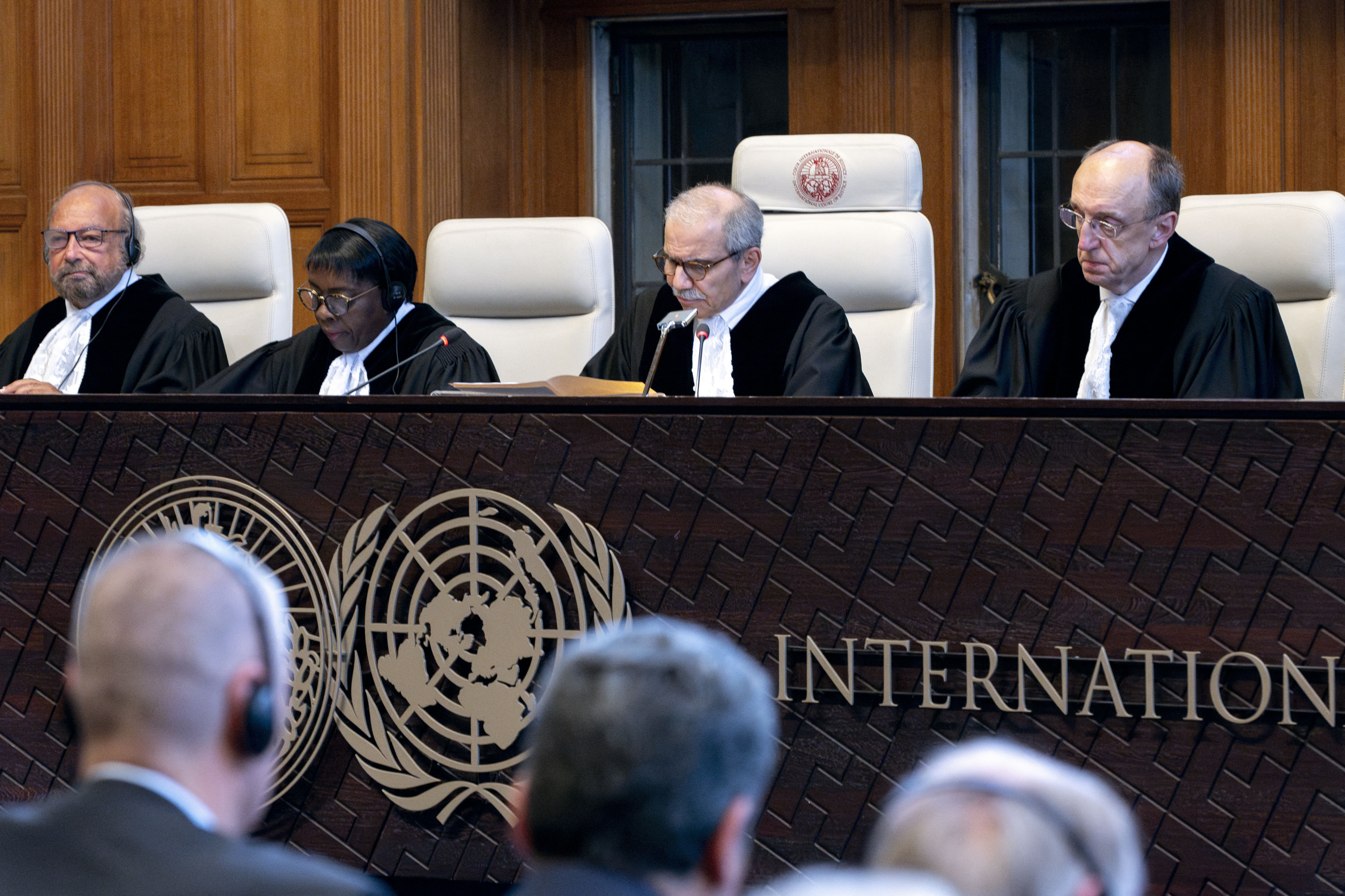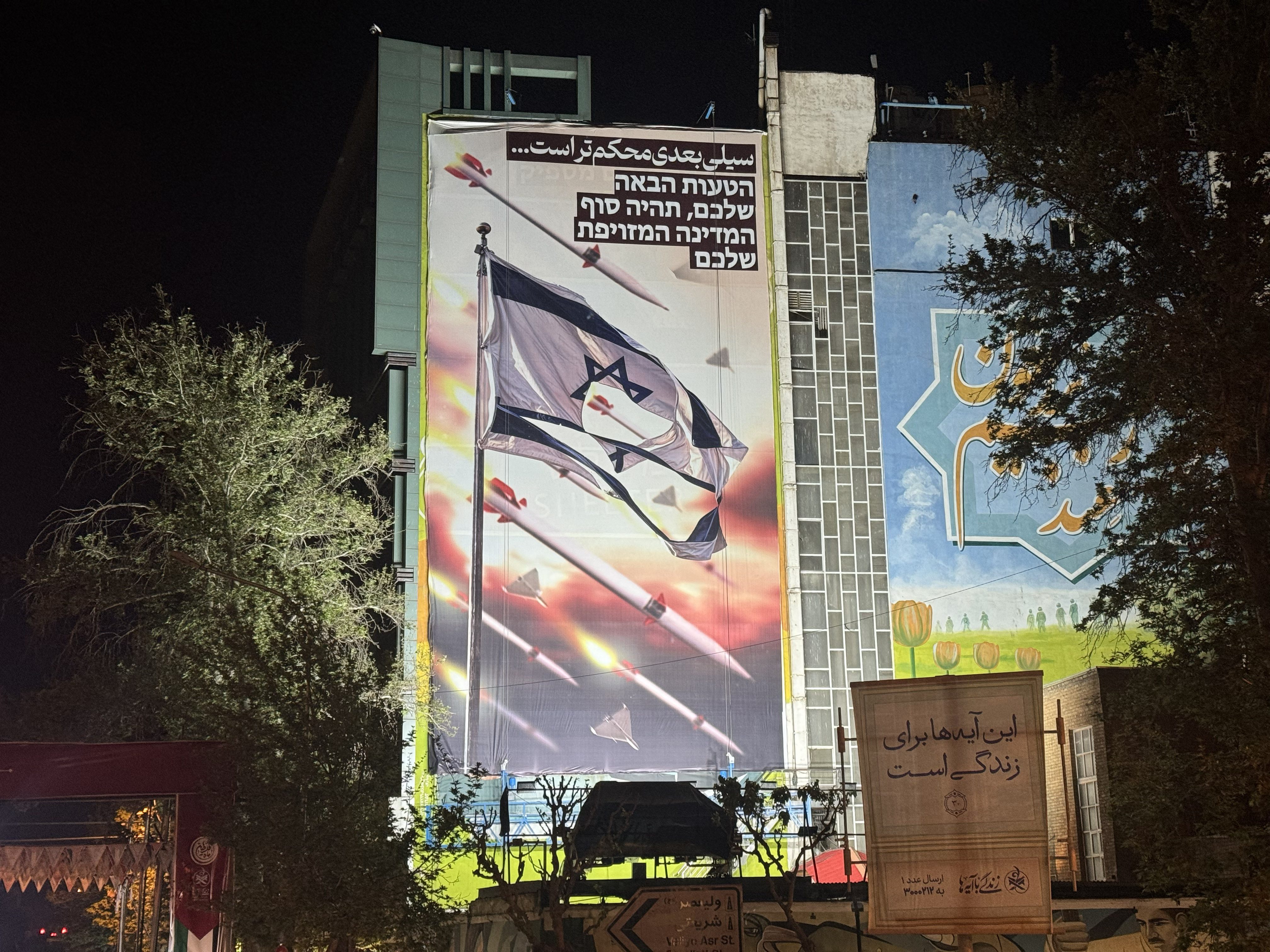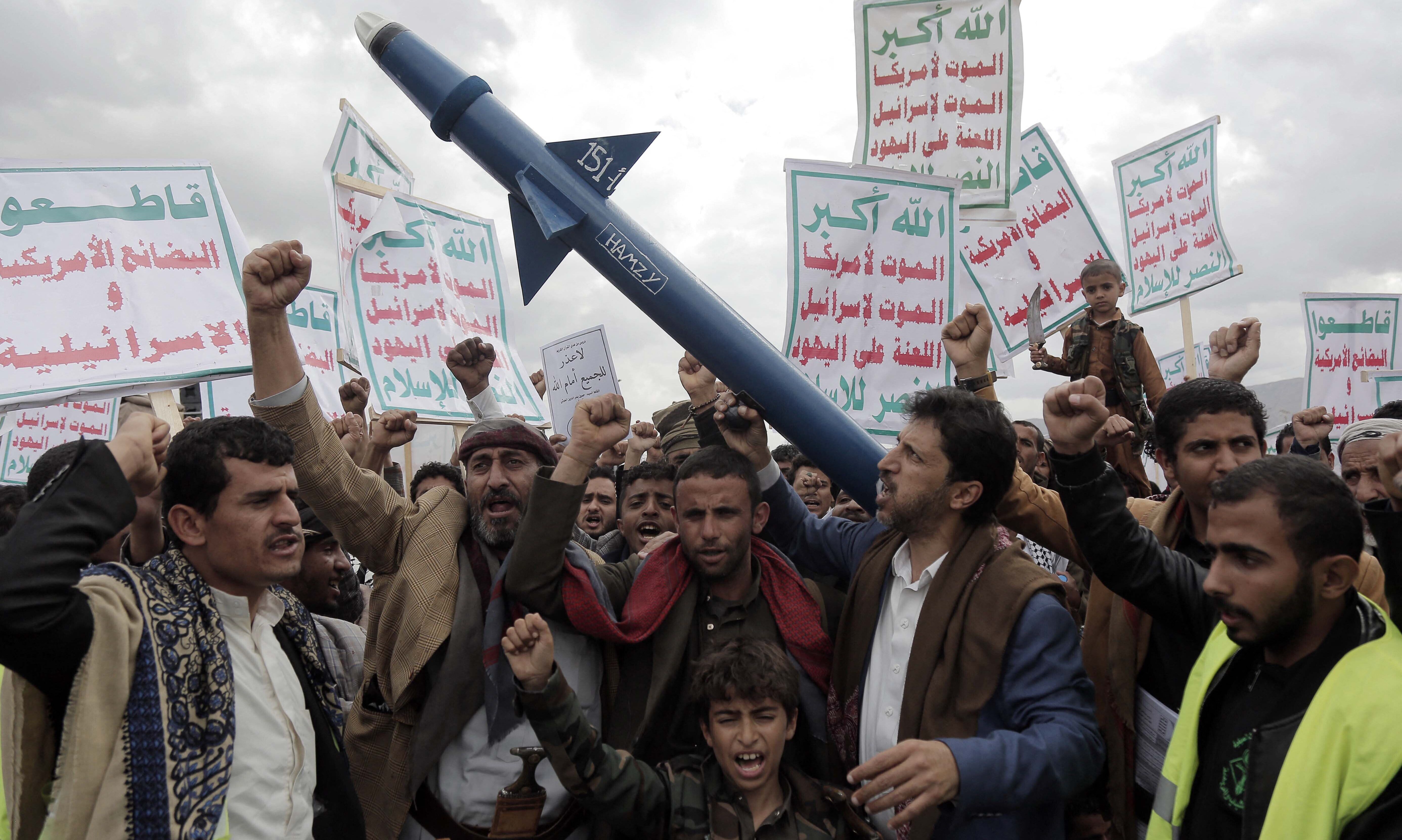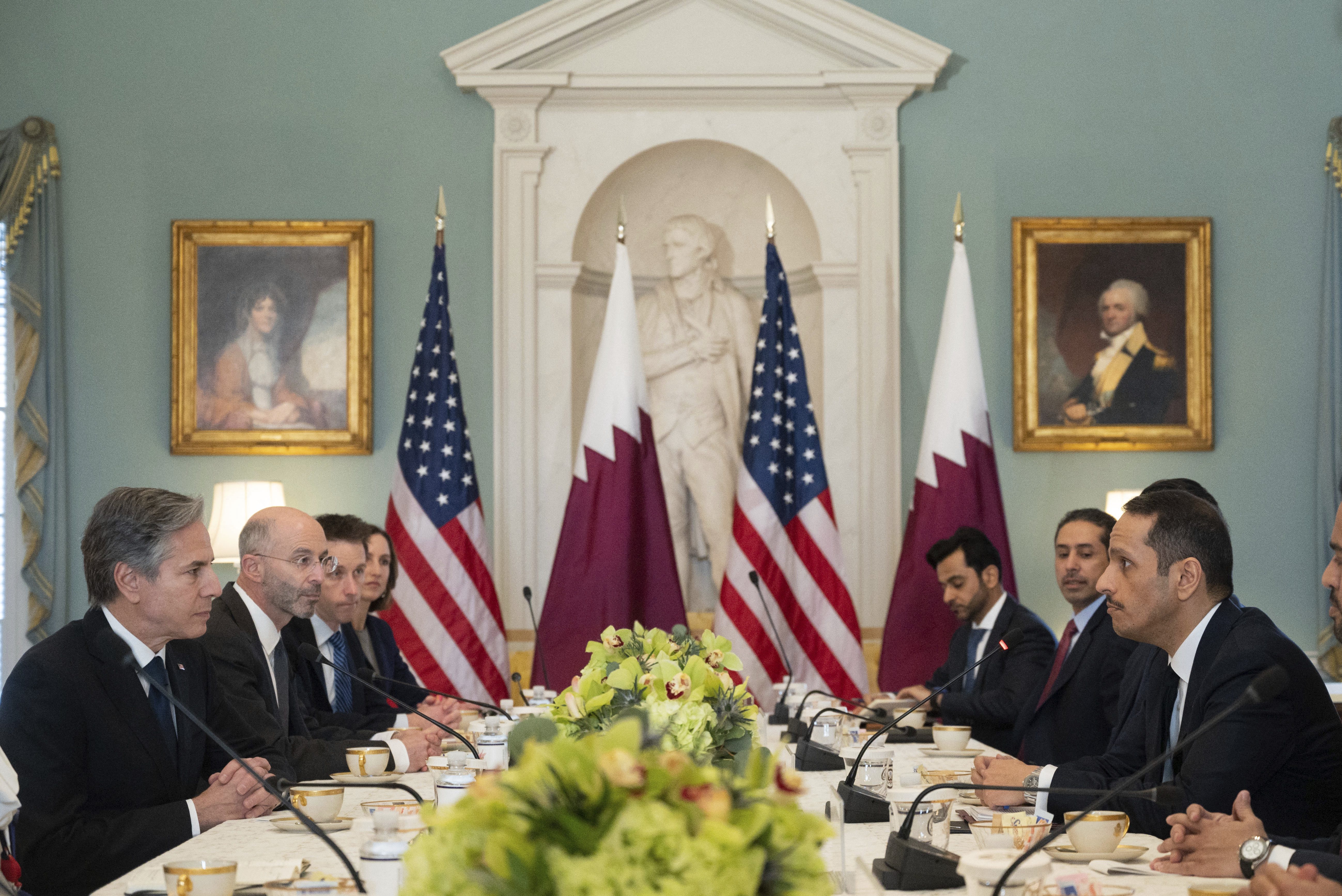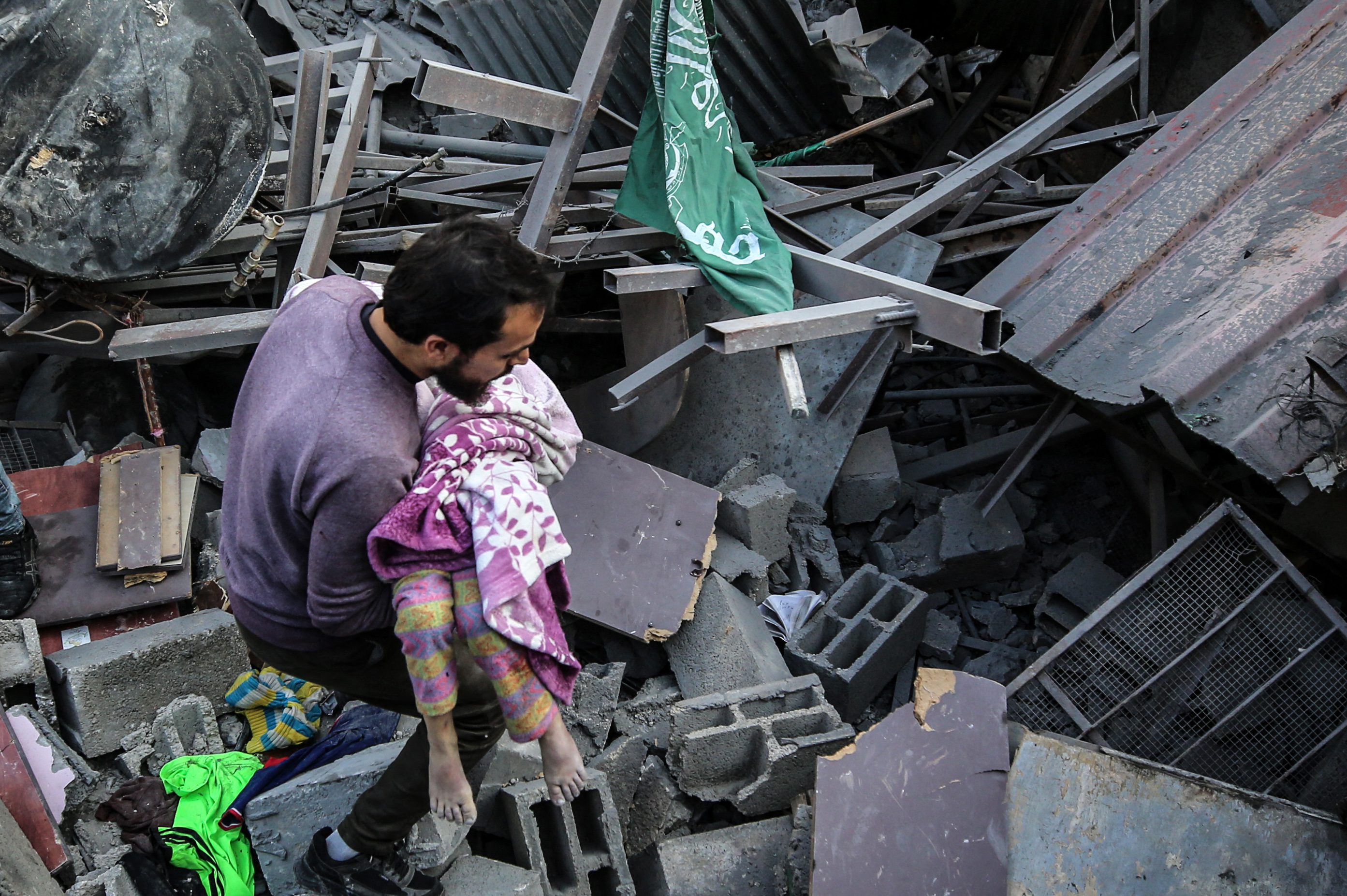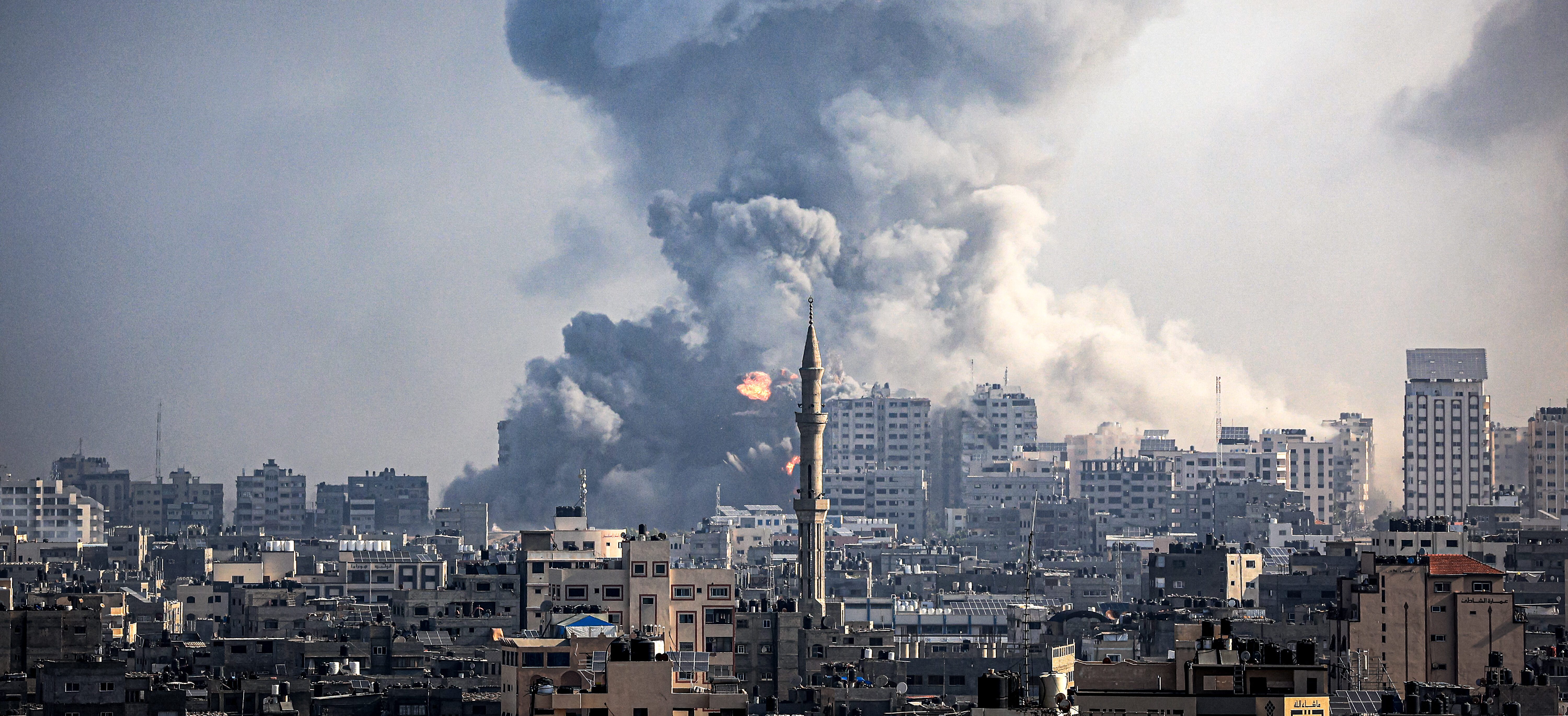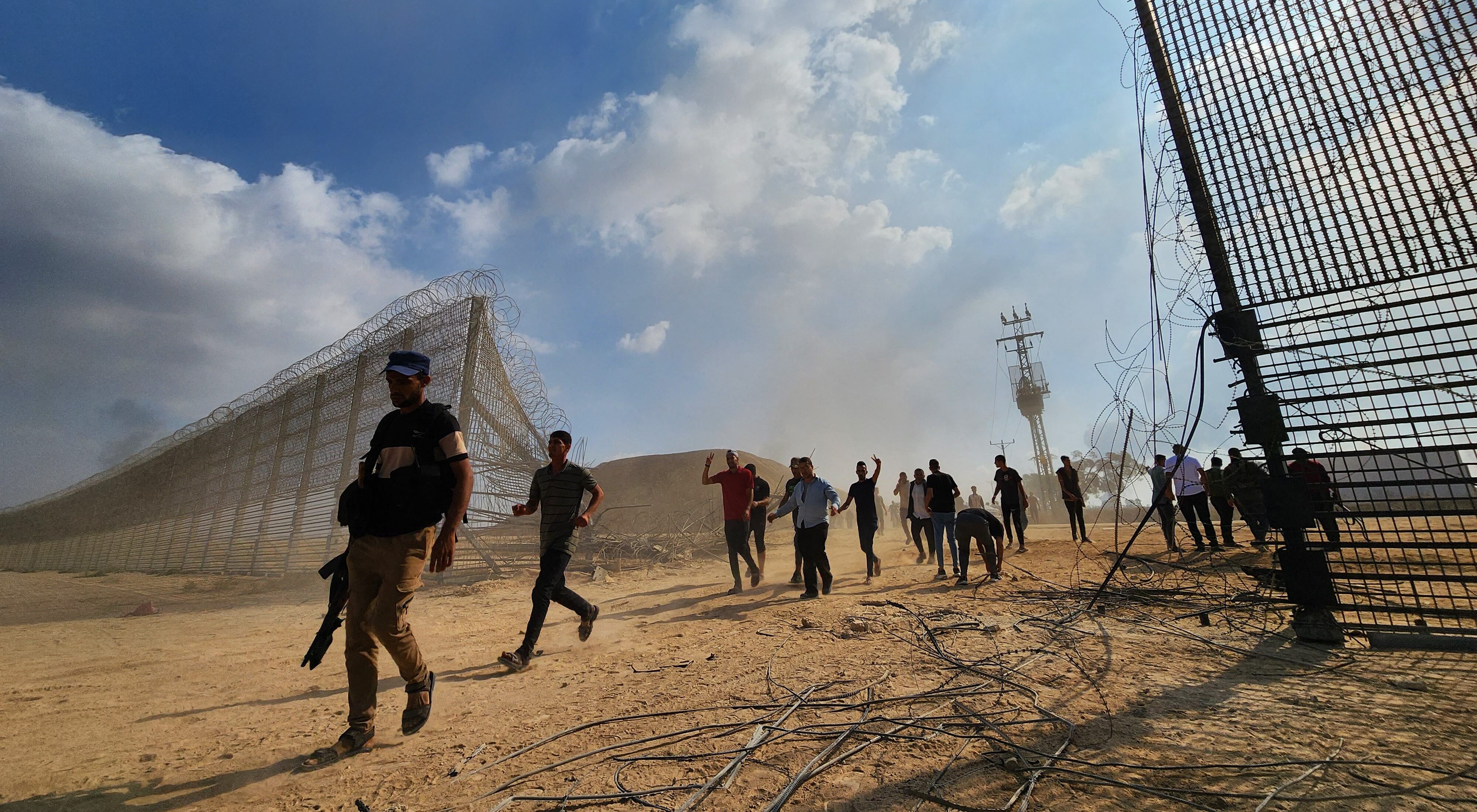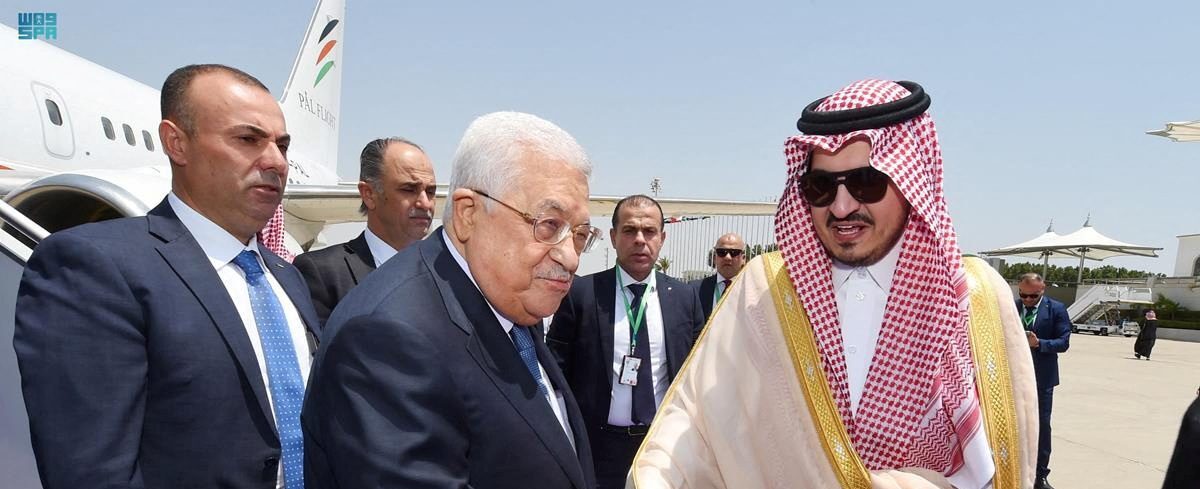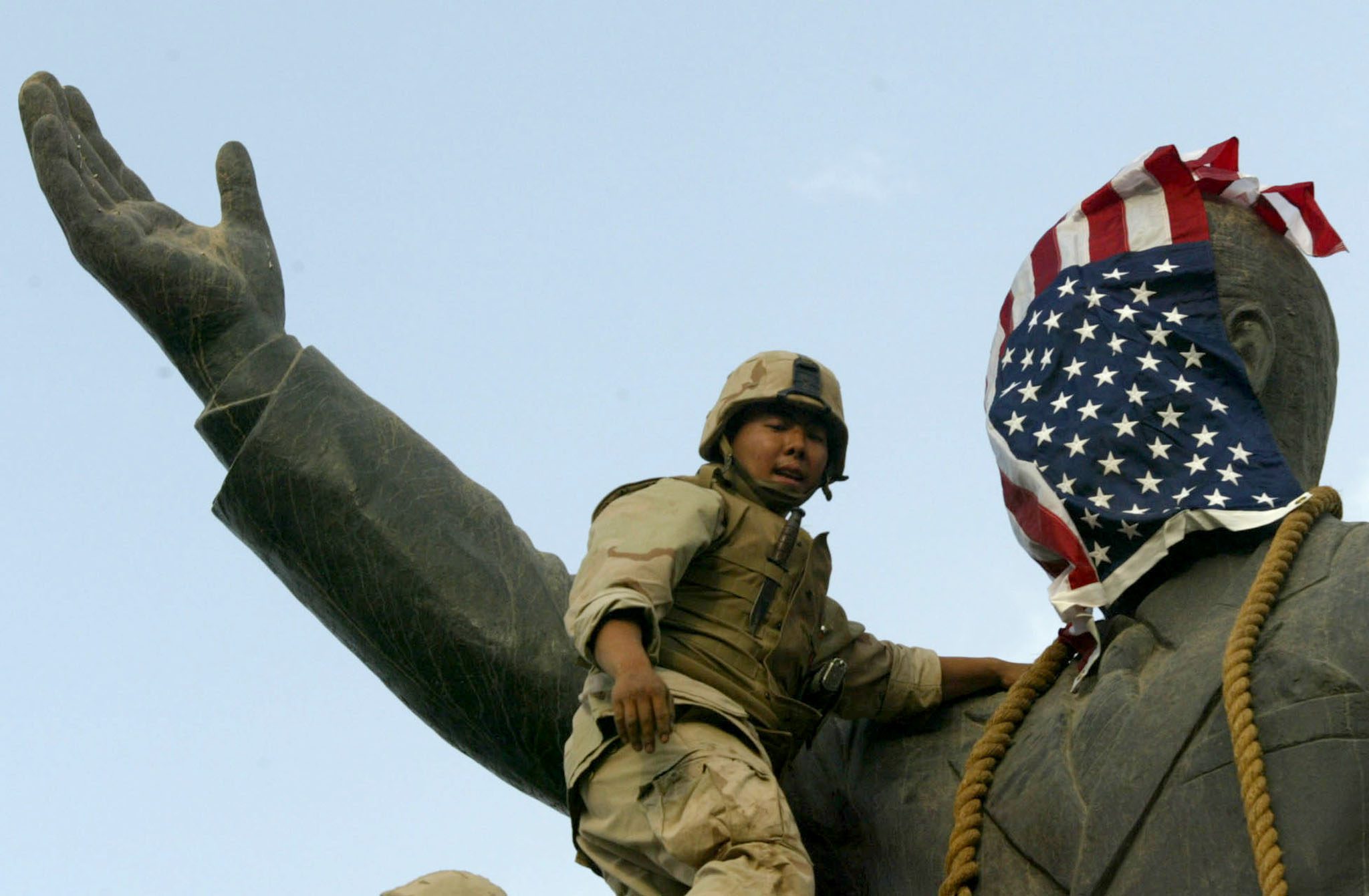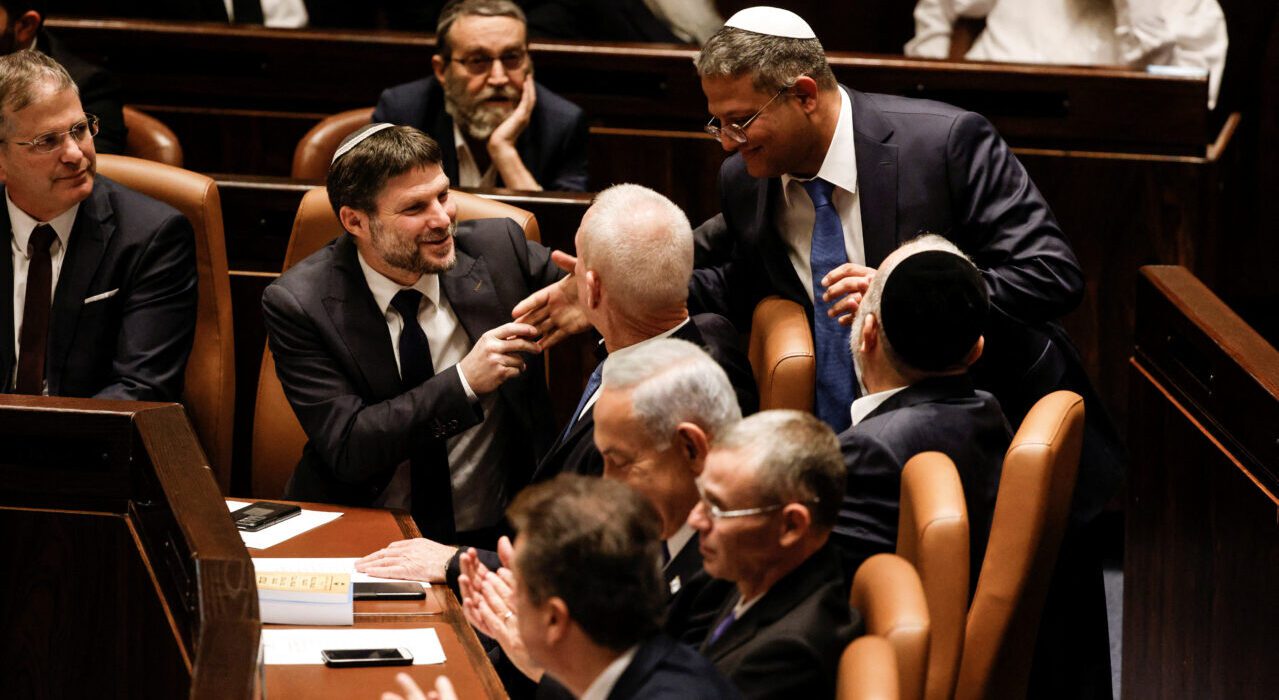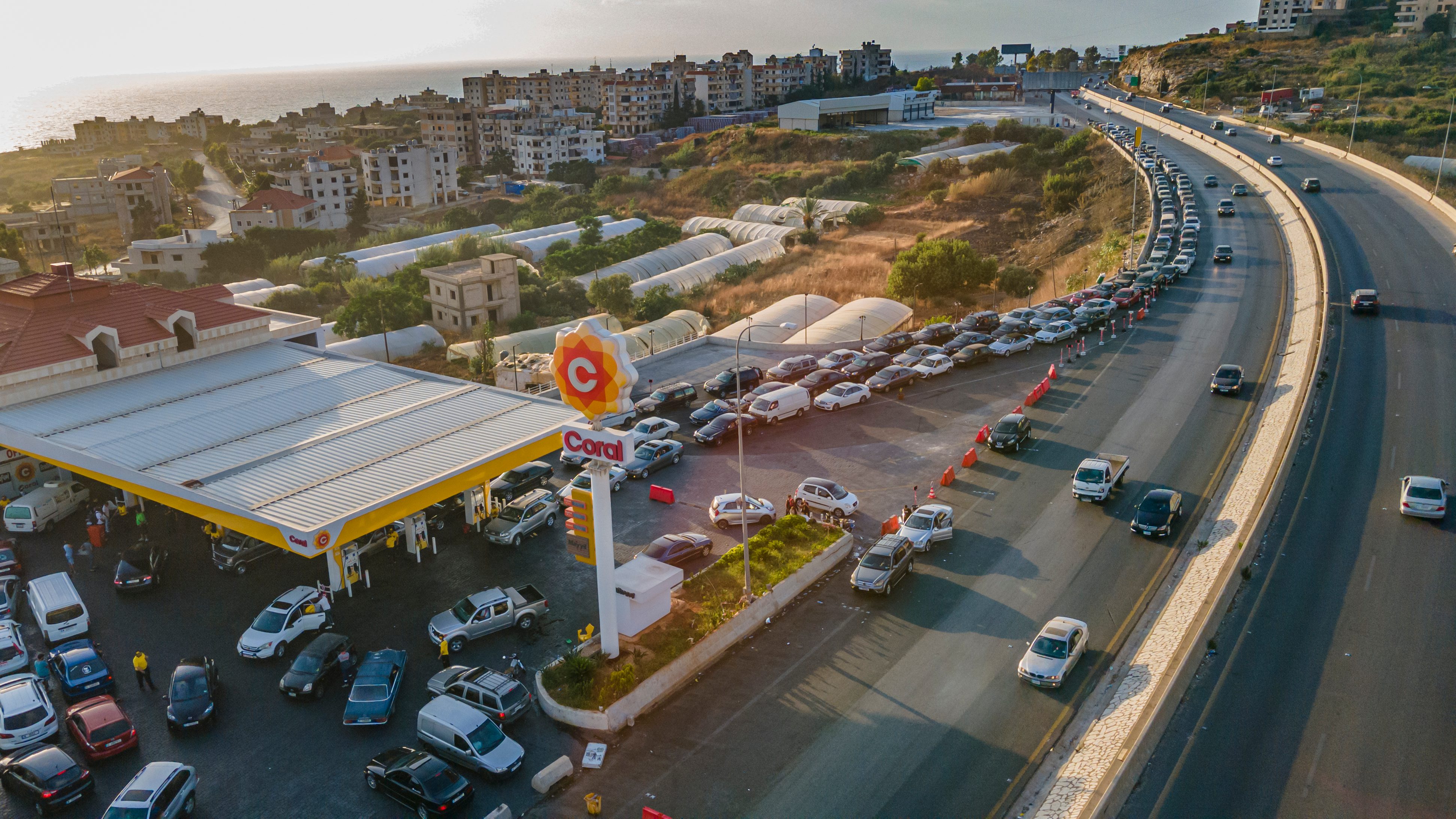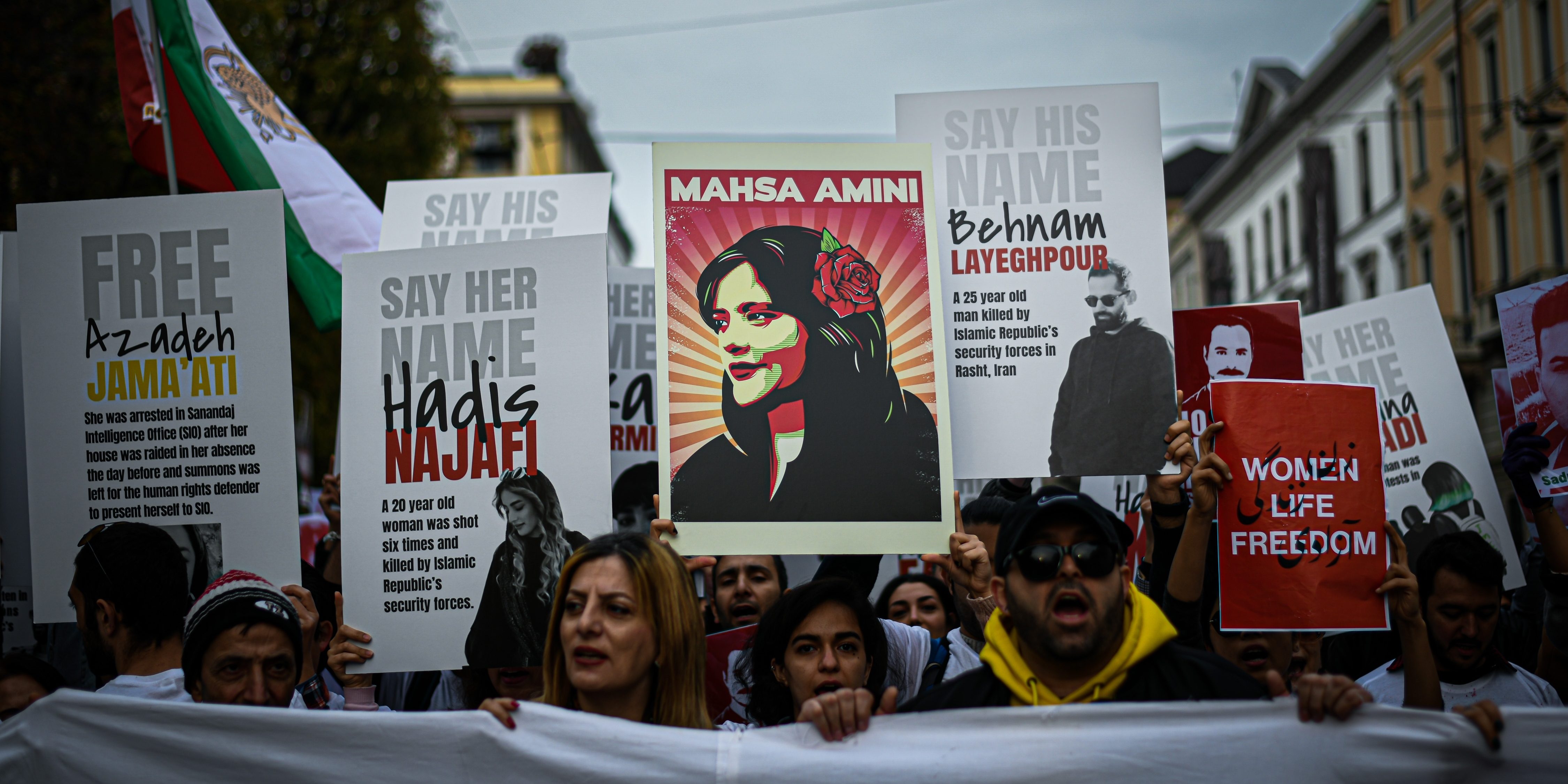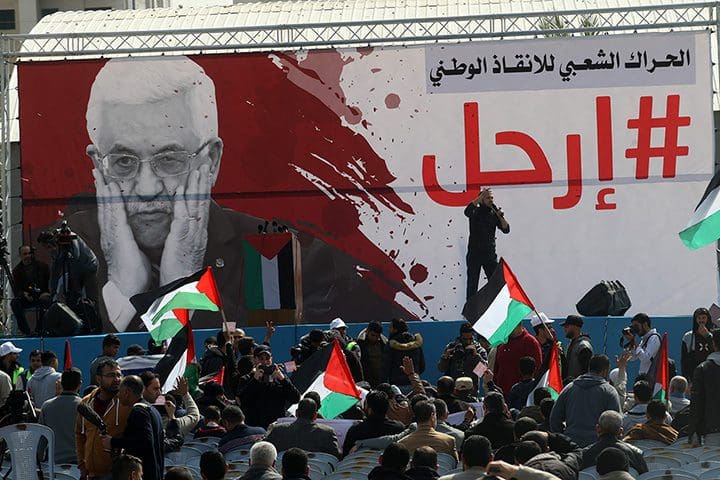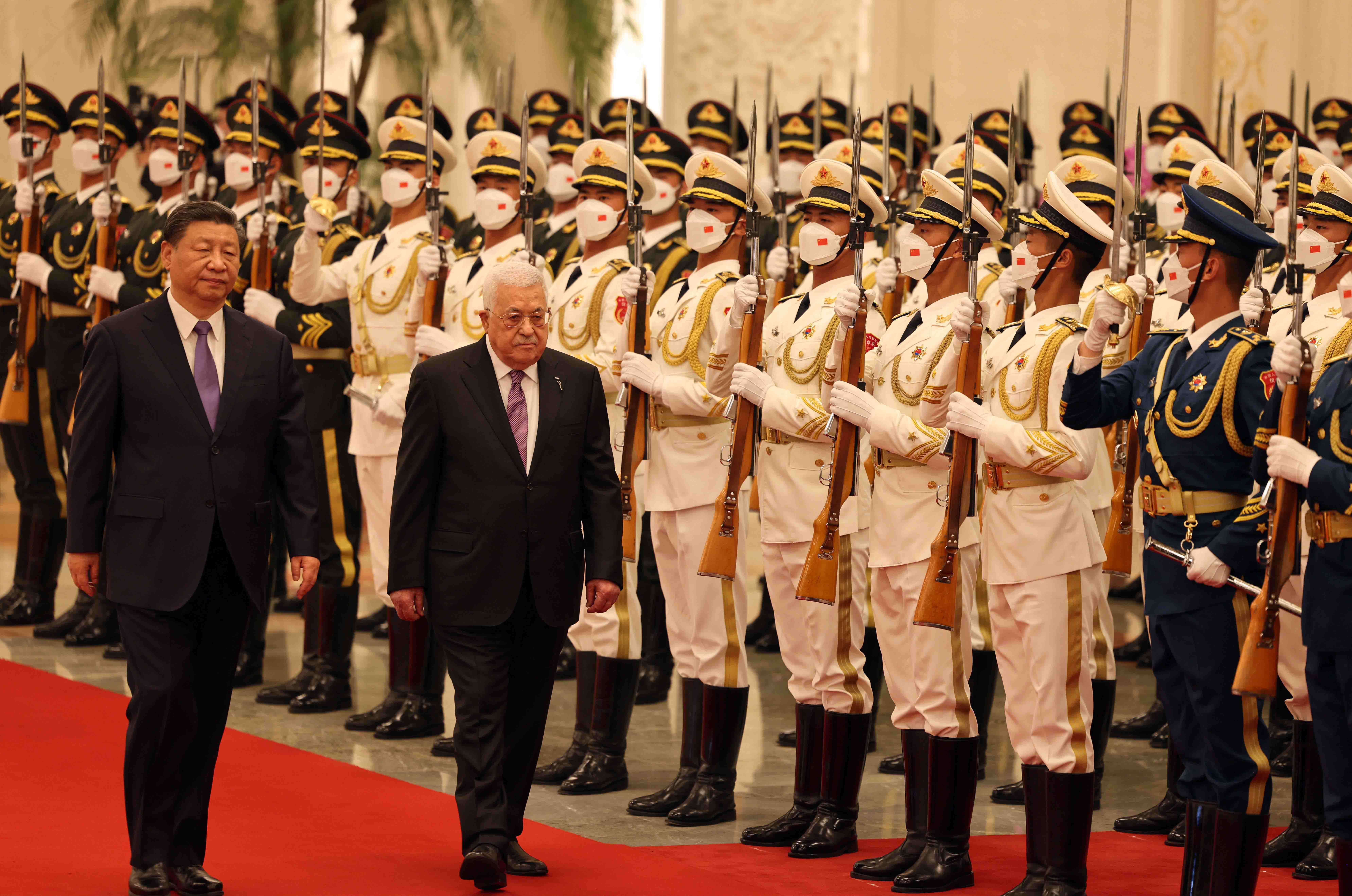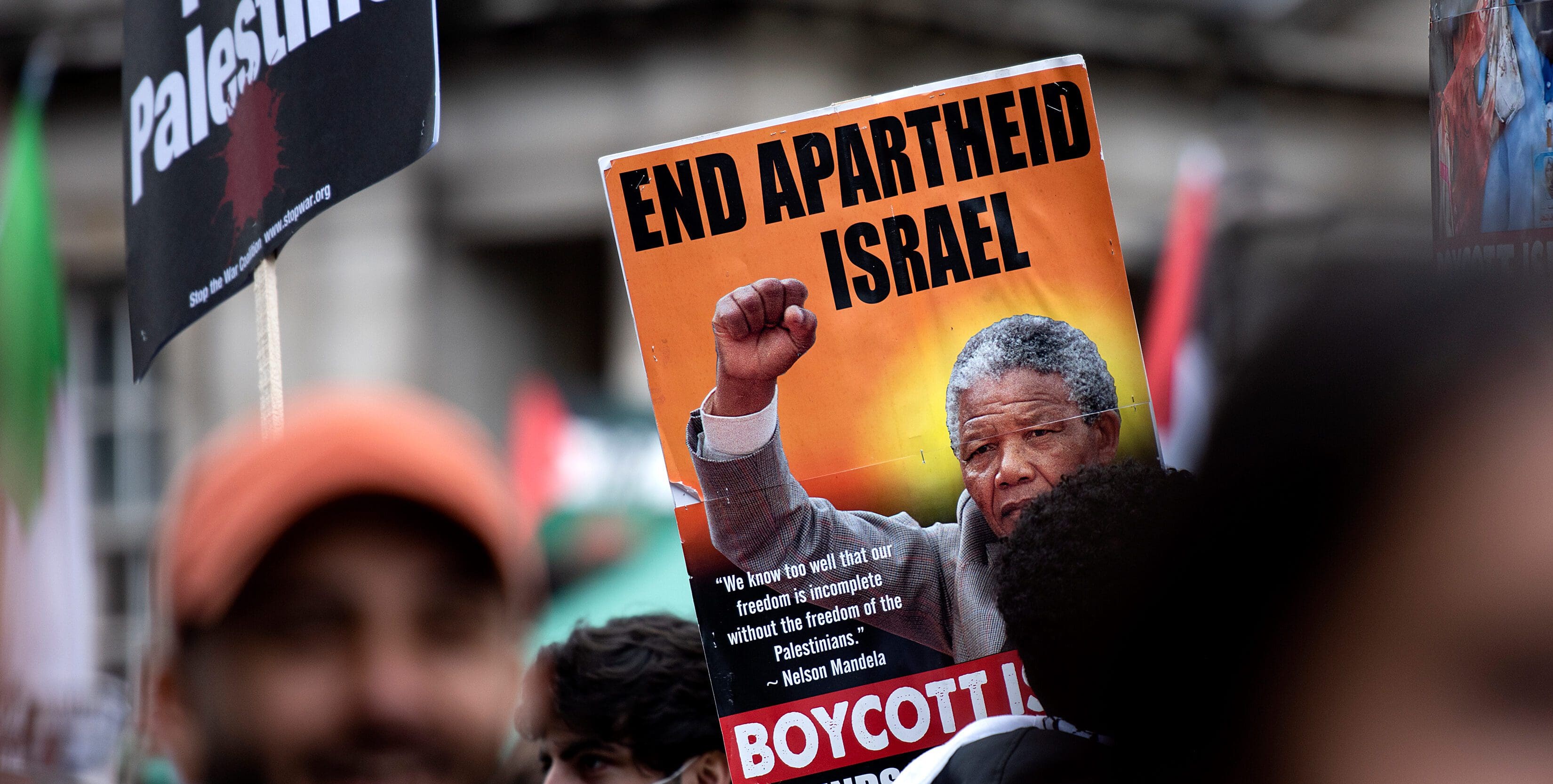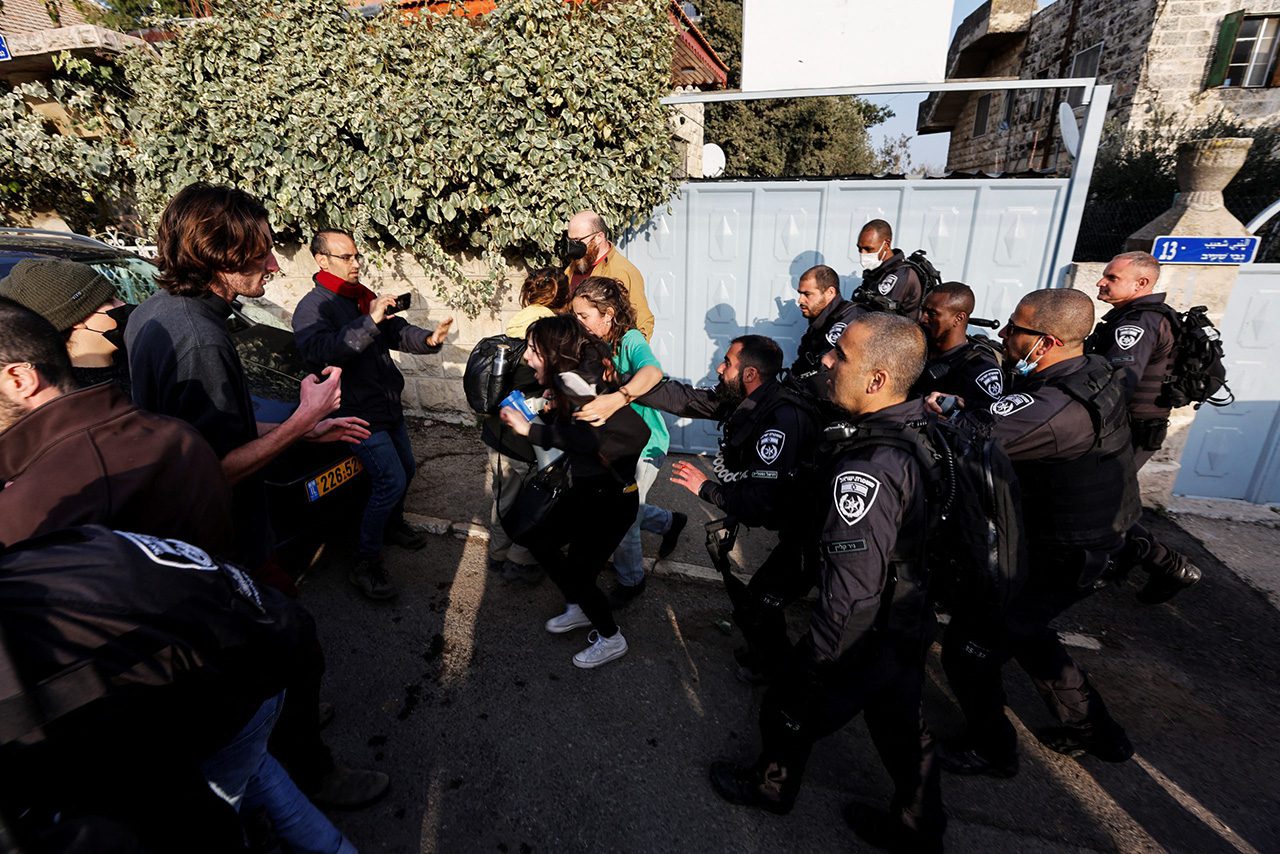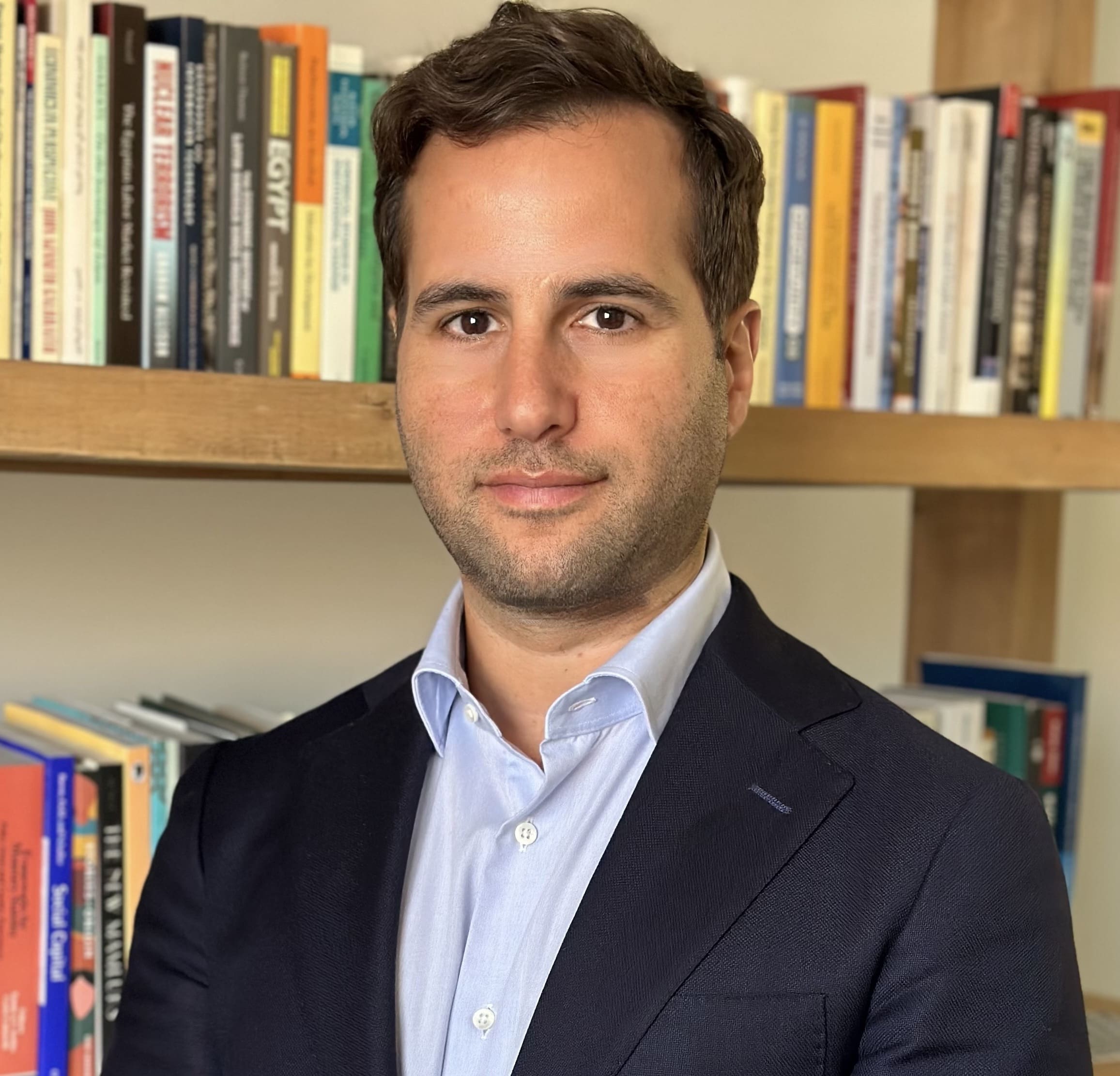
Omar H. Rahman
Fellow
Bio
Omar H. Rahman is a fellow at the Middle East Council on Global Affairs, where he focuses on Palestine, Middle East geopolitics, and American foreign policy in the region. He is the Editor of Afkār, the Council’s online publication providing insights and analysis on current events in the region.
Rahman was previously a non-resident fellow at the Baker Institute for Public Policy and a visiting fellow at the Brookings Doha Center, where he researched and wrote about Palestine-Israel, the Arab Gulf, and the intersection between the two. Prior to this, Rahman was a research analyst at the Arab Gulf States Institute, where he focused on the political economy of the Gulf states.
Rahman established his career as a journalist based in the U.S. and the Middle East, including three years in Palestine where he was a columnist for +972 Magazine. Rahman was also an associate editor at World Politics Review in New York, as well as an editor and senior Middle East correspondent at Argus Media. His writing has been published in The Washington Post, Foreign Policy, The Guardian, Rolling Stone, The National Interest, Lawfare, VICE, PBS NewsHour, Quartz, Al-Jazeera English, and The National, among other outlets.
Rahman’s other work includes peer-reviewed policy papers. academic articles, and book chapters including in the recently-published volume: What is Israel/Palestine? (Routledge, 2022). He is currently working on a book about Palestinian de-fragmentation in the post-Oslo era. Rahman is also a frequent speaker on panels, at conferences, and in the media.
Research Areas
- Israel-Palestine
- GCC foreign policy
- Middle East geopolitics
- US foreign policy in MENA
Countries of Focus
- Palestine
- Israel
- GCC
- Egypt
Other Areas of Interest
- Regional energy
- Eastern Mediterranean
Education
- M.A., Political Journalism, Columbia University, 2013
- B.A., Foreign Affairs, University of Virginia, 2006
